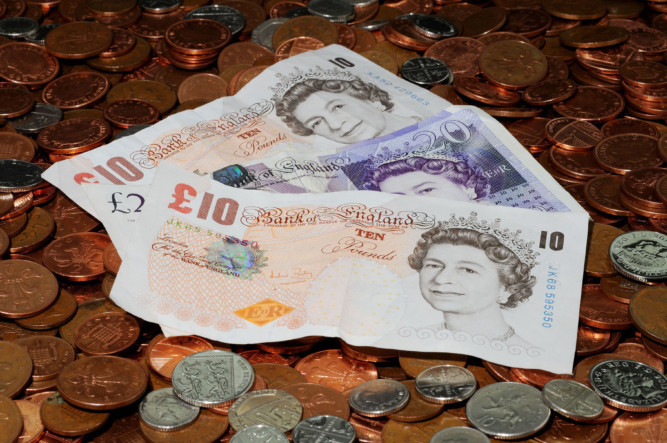
Linda Isted of the Debt Advice Foundation has provided a list of useful first steps if your financial worries are beginning to run out of control
1. List all family income, including benefits and pensions.
Have you claimed everything you are entitled to? Do you have a policy that pays out on the event of this crisis?
2. List your bills.
Bills you must pay to live and work mortgage or rent, council tax, heat and light, travel to work, insurances, food, childcare, maintenance, tax.
Then any “secured” bills such as borrowing secured on your house, vehicle loans or other Hire Purchase.
Then any other regular bills and spending (dentist or vet bills, for example).
Then optional spending such as clubs, membership, socialising.
Finally, list your unsecured debts (credit cards, store cards, payday loans, catalogues).
3. Now you have a clear picture of your family budget income and expenditure.
Think of your family as a small business.
Track your spending, write a spending diary or use cash only for everyday spending it will make you think twice about every penny.
4. Start talking to people.
Call about your priority bills first your mortgage company or landlord may be able to reduce payments, and utility companies can spread costs or advise on reducing bills. Don’t feel ashamed about talking to them they can’t help if they don’t know.
5. If you can access a computer (perhaps at the library) go to the Money Advice Service website, which has lots of helpful advice and contact details for organisations.
6. Call a debt advice charity, such as Debt Advice Foundation 0800 043 40 50 for advice on any outstanding unsecured loans and credit card bills.
Useful numbers.
– Money Advice Scotland: Free, impartial and confidential debt advice 0141 572 0237
– Citizens Advice Bureau helps millions across the UK every year 03454 04 05 06
– Money Advice Service: Expert advice on benefits and borrowing 0300 500 5000
– Govan Law Centre: Free legal advice 0141 440 2503
– SSAFA: Armed forces charity 0845 241 7141
– Age UK: Help for people over 60 0800 169 6565
Related storiesOver-complicated system means many thousands are missing out. The benefits maze. Helen’s Letter: The anger of a nation.

Enjoy the convenience of having The Sunday Post delivered as a digital ePaper straight to your smartphone, tablet or computer.
Subscribe for only £5.49 a month and enjoy all the benefits of the printed paper as a digital replica.
Subscribe